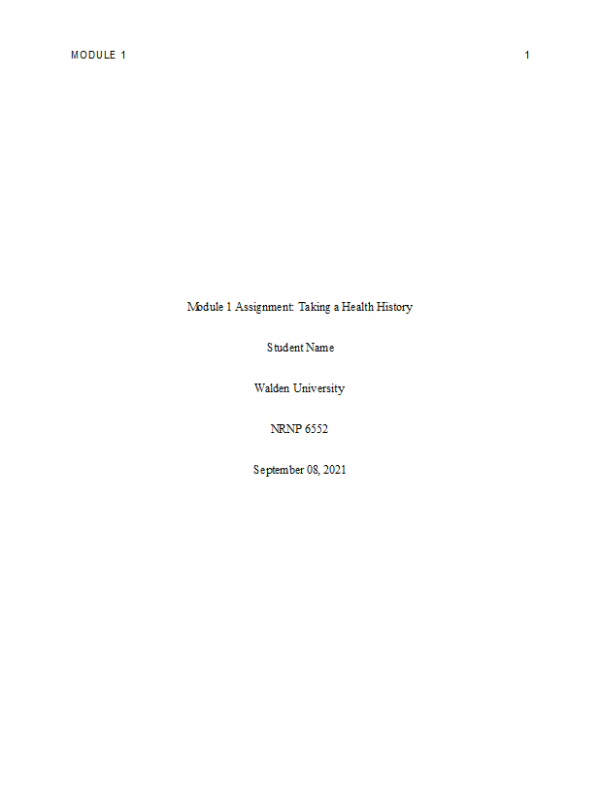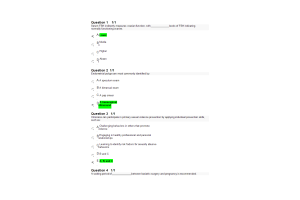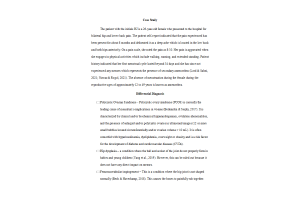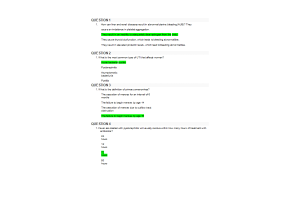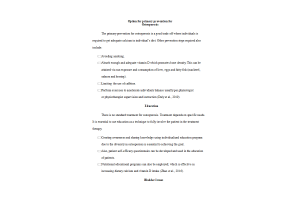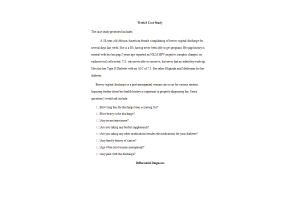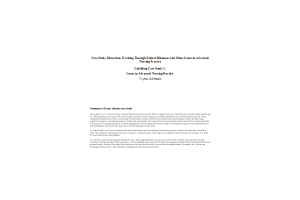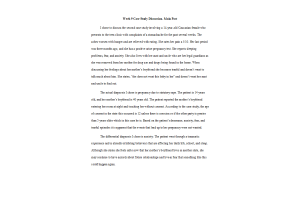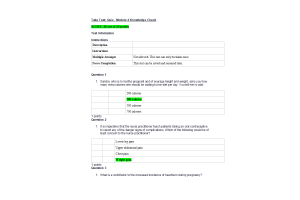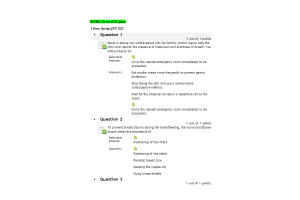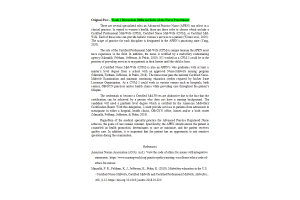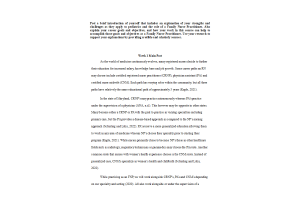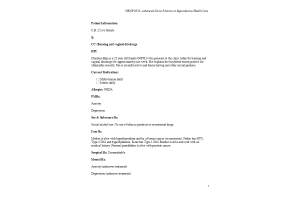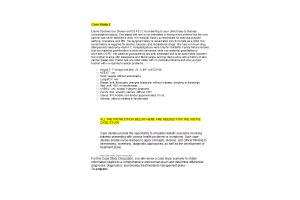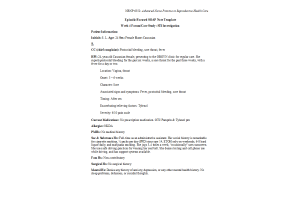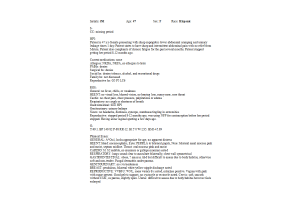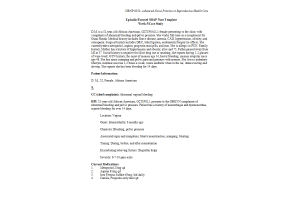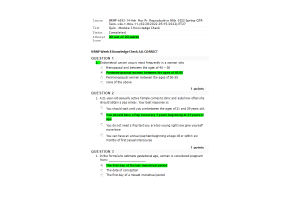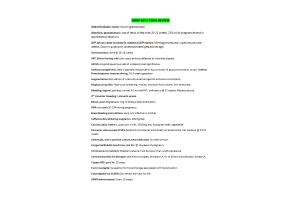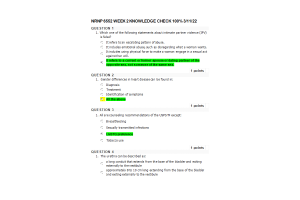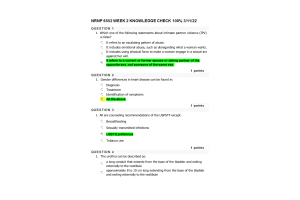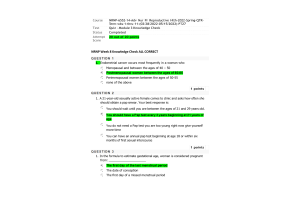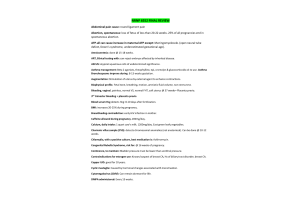NRNP 6552 Week 1 Assignment; Taking a Health History; Building a Health History; Asking Difficult Questions
- $15.00
Module 1 Assignment: Taking a Health History Student Name Walden University NRNP 6552 September 08, 2021 Intro: Taking a Health History Prior to examining a patient and developing a plan of care it is important to obtain a thorough health history. As a nurse practitioner, it is important to establish a rapport with your patient and respectfully ask your patient both common and difficult questions to build their chart. Once a complete health history is obtained guidelines can be followed for health maintenance and routine screenings based on the patients’ history, age and needs. For the gynecological patient, the information obtained will help the practitioner in developing a diagnosis, differential diagnoses, treatment plan and referral if needed (Schuiling & Likis, 2022). Some of the common questions for the gynecological patient include menstrual history, pregnancy history, history of sexually transmitted diseases, intimate partner violence, birth control use, cervical cancer screenings, past surgical history, and current symptoms (Schuiling & Likis, 2022). When questioning any patient, it is important to do so in private unless the individual specifically requests to have someone in the room. For members of the LGBTQ+ population it is especially important to be mindful of the questions being asked and to include special considerations. One of the biggest concerns of those of the LGBTQ+ community is feeling as if they are being treated as a whole person rather than their sexual orientation or gender identity (Schuiling & Likis, 2022). Other things to be mindful of as well include social determinants, history of violence, mental health, substance abuse, hormone therapy, education and economic stability, sexually transmitted diseases and gynecological cancers based on what organs remain present (Schuiling & Likis, 2022). To begin the screening,
